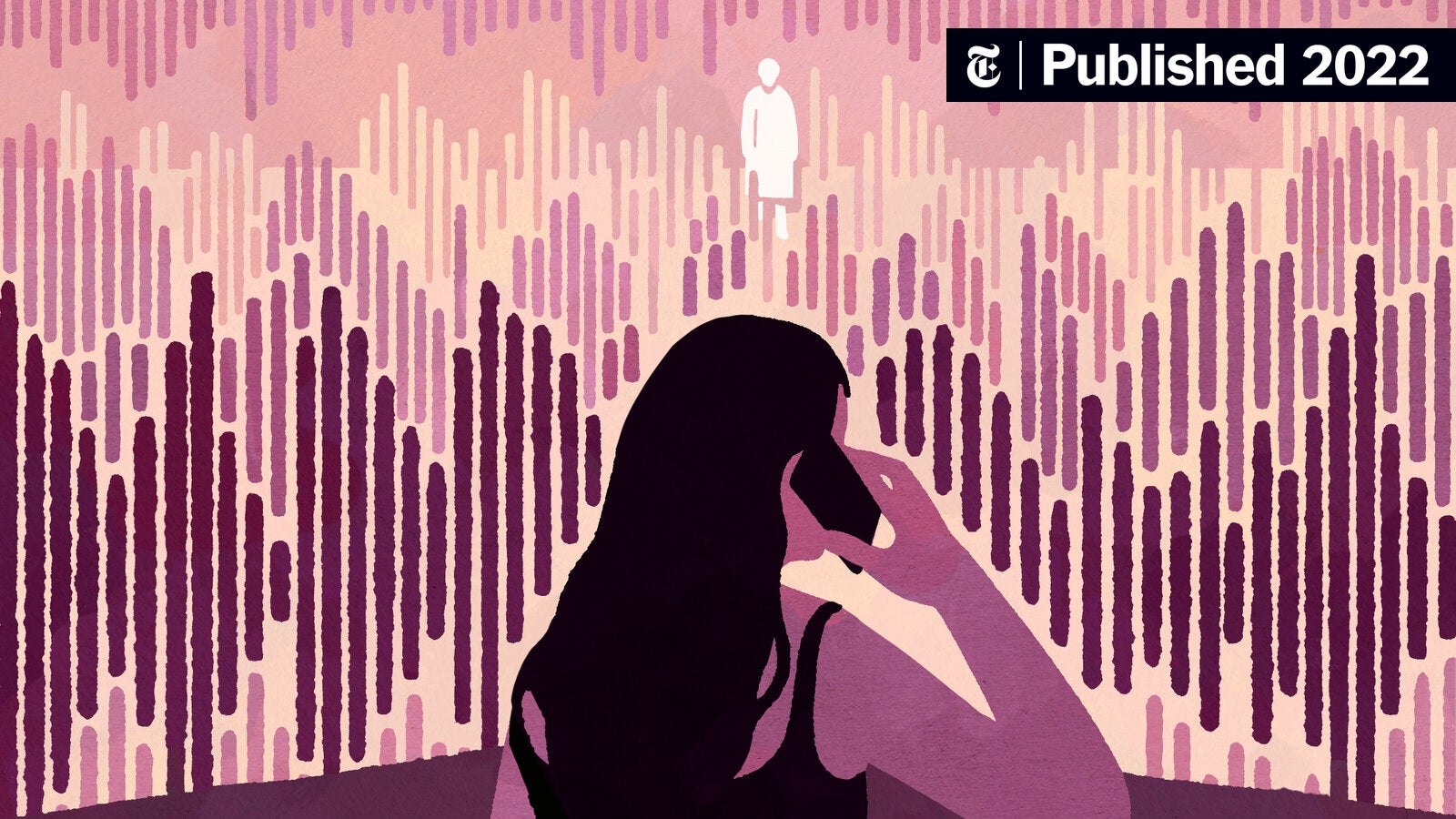Dreams serve as a window into our subconscious, often revealing the thoughts, fears, and desires we may not fully comprehend during our waking hours. Among the many enigmatic scenarios that can unfold in the dreamscape, one particularly haunting and profound experience is talking to the dead. This occurrence has captivated the human psyche throughout history. It evokes intrinsic reflections on grief, longing, and the very essence of existence. What does it mean to engage in a dialogue with those who have departed from the earthly realm? Unraveling this complexity invites an exploration into the metaphorical and spiritual significance, as well as psychological interpretations that encompass various cultural contexts, including Christian and Islamic perspectives.
On a symbolic level, conversing with the dead can signify unresolved issues or emotional baggage related to the deceased. The act of speaking with those who are no longer physically present often mirrors the inner dialogue we maintain about loss and remembrance. It stands as a potent reminder of the emotions woven into our memories rather than a literal summons of the deceased. These dreams can manifest in moments of vulnerability and introspection, acting as a metaphorical bridge between the past and present. In such instances, the dialogue may serve to excavate hidden feelings or to seek closure, reflecting a yearning to understand unresolved grief.
From a spiritual perspective, different cultures ascribe varied interpretations to the phenomenon of talking to the dead. In Christian biblical tradition, this act may evoke notions of divine communication and the afterlife. For instance, scriptures recount instances where the dead may communicate divine wisdom or convey warnings. The story of Saul and the Witch of Endor offers insight into the complexity of such encounters, illustrating profound implications regarding mortality and the sanctity of the spiritual realm. Within this context, communicating with the deceased may not only pertain to the individual’s grief but also signifies a desire for divine guidance or reassurance from the spiritual continuum.
In Islamic tradition, the act of speaking with the dead is generally approached with caution. Engaging with the deceased is discouraged, as it can lead to misunderstandings about the nature of life after death. Instead, this interaction may be interpreted as a psychological manifestation of one’s own fears or unresolved questions regarding loss and mortality. Dreams wherein individuals converse with departed loved ones might invoke a sense of comfort, revealing the deep-seated need for connection that transcends the confines of mortality.
Explorations of psychological theories provide additional layers of interpretation. Sigmund Freud posited that dreams are the royal road to the unconscious, wherein our repressed thoughts and feelings surface. In this framework, dreams about talking to the dead may symbolize a desire to confront painful memories or unresolved issues linked to grief. The dead may represent parts of oneself that are no longer active or ideals and aspirations that have succumbed to the passage of time. Dreaming of such interactions offers a unique opportunity to engage with these aspects, potentially catalyzing a transformative healing process.
Moreover, Carl Jung’s perspective on dreams delves deeper into the collective unconscious, suggesting that these dreams might not merely be personal, but also archetypal in nature. The interaction with the deceased may draw upon universal themes of loss, wisdom, and the search for meaning. Engaging with the dead, in this context, could symbolize the aspiration to integrate lessons learned from past experiences, fostering personal growth and a deeper understanding of life’s transience.
As we navigate through the labyrinthine corridors of meaning associated with talking to the dead, it becomes apparent that the significance of these dreams transcends mere fanciful musings. They encapsulate the human condition’s intrinsic quest for connection, understanding, and ultimately, healing. By engaging with the dreams’ implications, we imbue ourselves with a sense of agency over our emotions, allowing for an enlightening exploration of grief’s complexities.
Living in a society that often shies away from discussions about death, these dreams can provide solace the bereaved may seek. They serve as a potent reminder that the passage from the material world does not obliterate the bonds we form with others. Instead, these connections may reverberate through our conscious and subconscious experiences, fostering a dialogue that exists even when physical presence is absent.
In conclusion, whether viewed through the lens of symbolism, spirituality, or psychology, the act of talking to the dead in dreams offers profound insight into the myriad ways we cope with loss and longing. Each interpretation invites reflection and introspection, revealing diverse facets of the human experience. With each dream that unfolds, individuals are afforded the opportunity to navigate their emotional landscape, cultivating an understanding that transcends the boundaries of life and death.










